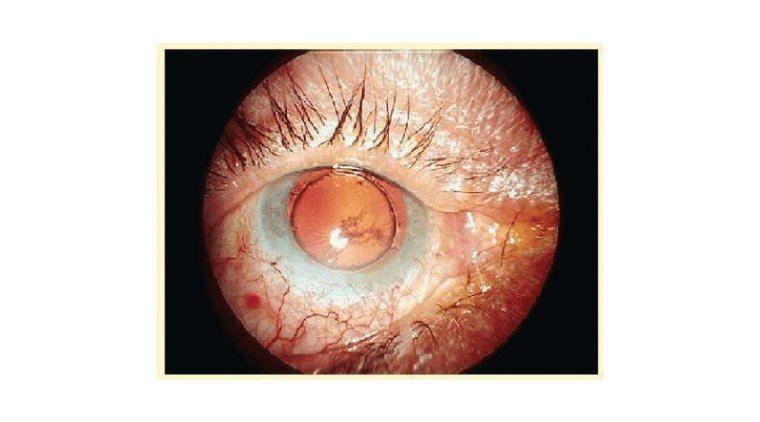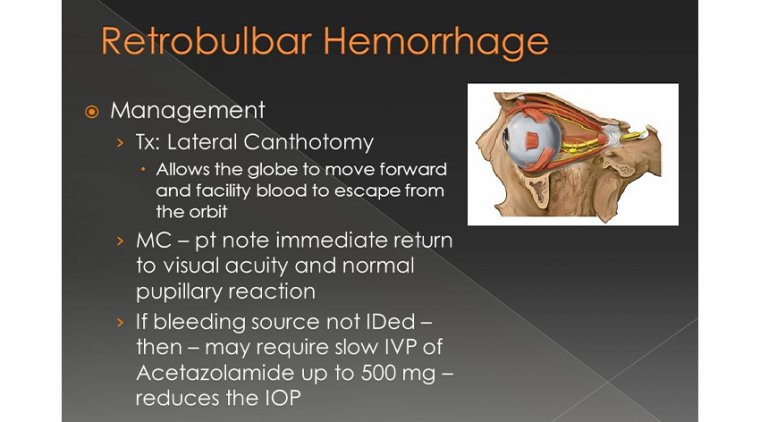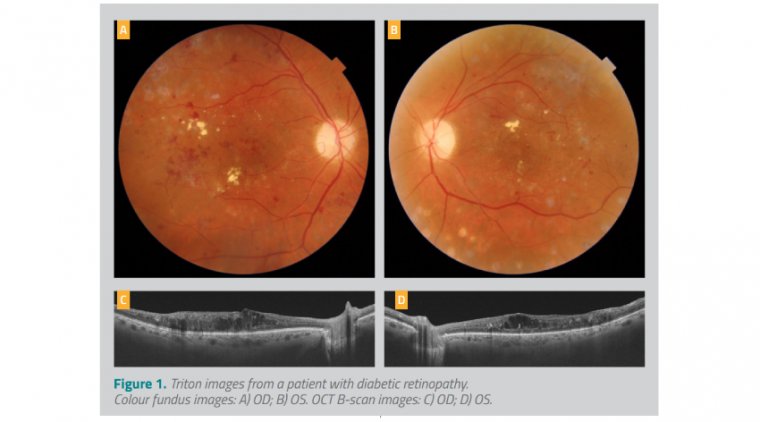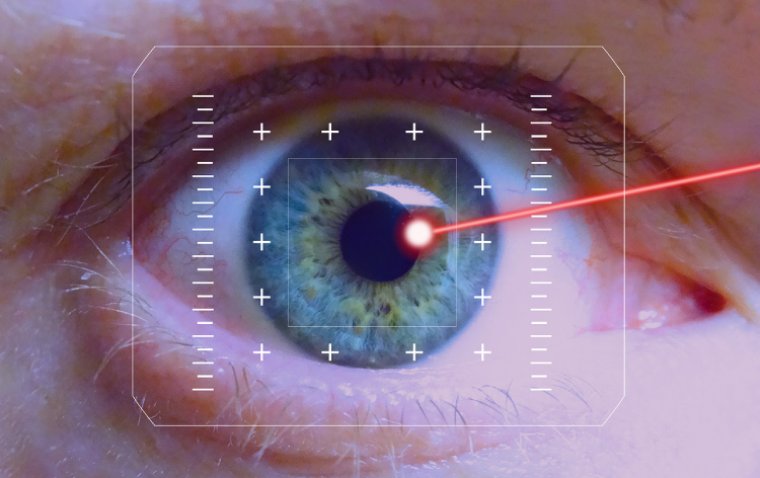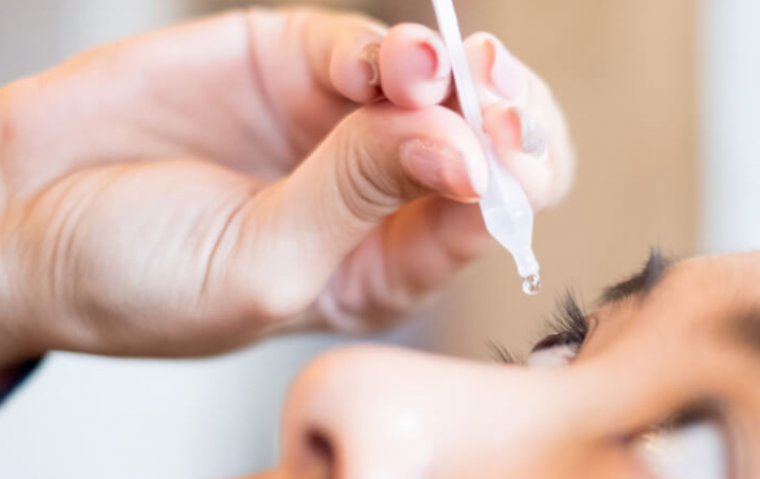
What Causes Dry Eye Syndrome After Cataract Surgery?
Cataract surgery is a common procedure performed to restore vision by removing a cloudy lens and replacing it with an artificial intraocular lens. While the surgery is generally successful, some patients may experience dry eye syndrome as a potential complication. This article aims to shed light on the causes of dry eye syndrome following cataract surgery and explore strategies for its management.
The Link Between Cataract Surgery and Dry Eye Syndrome
Dry eye syndrome occurs when the eyes do not produce enough tears or when the tears evaporate too quickly, resulting in an inadequate and unstable tear film. While the exact cause of dry eye syndrome after cataract surgery is not fully understood, several factors contribute to its development.
1. Surgical Trauma and Disruption of Tear Film
During cataract surgery, the delicate structures of the eye, including the cornea and surrounding tissues, may experience temporary trauma or mechanical disruption. This can affect the normal production and distribution of tears, leading to dryness.
2. Reduced Sensation in the Cornea
The cornea plays a vital role in tear production and maintenance. Nerves in the cornea sense dryness and stimulate tear production. Cataract surgery can temporarily disrupt corneal nerve sensitivity, impairing the feedback loop that regulates tear production and contributing to dry eye symptoms.
3. Pre-existing Dry Eye Conditions
Patients with preexisting dry eye syndrome or ocular surface disorders are more susceptible to experiencing persistent or worsened dry eye symptoms after cataract surgery. The surgical procedure can exacerbate existing dryness due to the temporary disruption of the ocular surface.
4. Medications and Eye Drops
Postoperative medications and eye drops used after cataract surgery can also lead to dry eye symptoms. Some medications may have preservatives or ingredients that can irritate the ocular surface or disrupt the tear film, leading to dryness.
5. Environmental Factors
The postoperative recovery period often involves spending more time indoors or in climate-controlled environments, which can have low humidity levels. These environmental conditions can exacerbate dry eye symptoms by increasing tear evaporation.
Symptoms of Dry Eye After Cataract Surgery
● Dryness or discomfort
● Itching or burning
● Redness
● Light sensitivity
● Blurred vision
● Eye fatigue or eye strain
It is important to note that these symptoms may vary in intensity and duration. If you experience any of these symptoms or notice changes in your eyes after cataract surgery, it is crucial to consult your ophthalmologist or eye care professional for an accurate diagnosis and appropriate treatment.
Management and Treatment Approaches for DED
Effective management of dry eye disease after cataract surgery involves a multidimensional approach tailored to individual needs. Some treatment strategies may include:
● Artificial Tears: Regular use of preservative-free artificial tears to supplement tear production and lubricate the ocular surface.
● Prescription Medications: In more severe cases, medications such as anti-inflammatory eye drops or cyclosporine may be prescribed to reduce inflammation and improve tear production.
● Punctal Plugs: Tiny silicone or collagen plugs placed in the tear ducts to help retain tears on the ocular surface.
● Lifestyle Adjustments: Avoiding dry and windy environments, using humidifiers, practicing good eyelid hygiene, and staying well-hydrated can help alleviate dry eye symptoms.
● Follow-up Care: Regular postoperative check-ups with an ophthalmologist are essential to monitor and manage dry eye symptoms effectively.
Summary
While dry eye syndrome can occur after cataract surgery, understanding the causes and implementing appropriate management strategies can help alleviate symptoms and improve overall comfort. Working closely with an experienced eye care professional, following recommended treatment regimens, and maintaining good ocular hygiene are vital in managing dry eye syndrome effectively.
If you experience persistent or bothersome dry eye symptoms following cataract surgery, consult your ophthalmologist for a comprehensive evaluation and personalized treatment plan.
(1).jpg)




